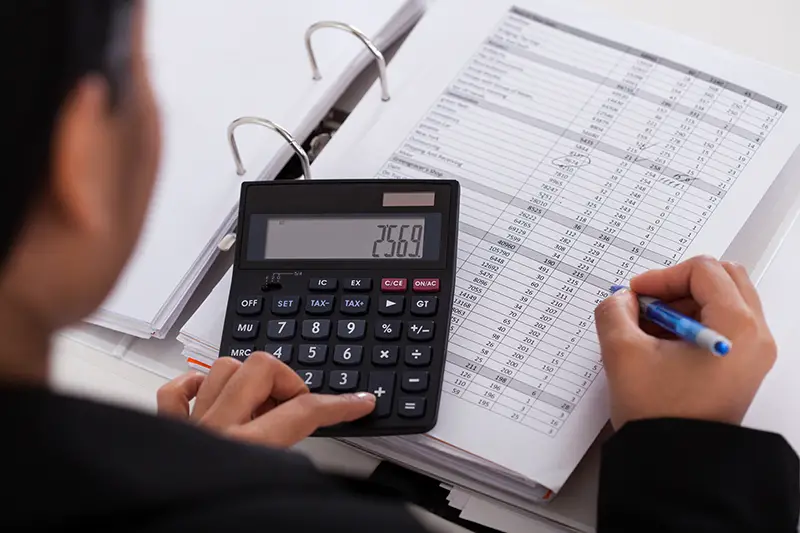Click here to get this post in PDF
As a small business owner, dealing with taxes each year can seem complicated and overwhelming. By preparing well in advance, using resources wisely, and following some best practices. However, you can navigate the process smoothly and ensure an accurate return is filed on time. In this article, you’ll learn some tax planning tips that can help small businesses manage their taxes well.
Start Early
Start gathering financial records, receipts, and other important documents at least one to three months before taxes are due. This provides ample time to make sure nothing is missing, get help if needed, and avoid rushing. Early preparation leads to less stress and higher compliance. If desired, it also allows time for side-by-side review with an accountant or tax professional.
Use Tax Software Or Hire Help
The options for small business tax filing include tax software, an accountant, an Enrolled Agent, or international business tax lawyers. Each has pros and cons in terms of cost, ease of use, and expertise. While tax software is often adequate for straightforward returns but for complex situations, professional help is money well spent. Accountants, EAs, and attorneys have the experience to handle most small business tax needs properly. They can also provide year-round advice on issues impacting your business taxes.
Keep Excellent Records
Keep records of all income (sales, interest, dividends), expenses (COGS, deductions, credits), assets (purchases, sales, depreciation), liabilities (loans, capital), and employee matters (wages, taxes withheld/paid, 1099s issued). Use a reputable accounting system, and be sure to get receipts/proofs of payment whenever possible. Well-organized digital records make compliance easier, and they provide essential documentation in the event of an audit. Records should be kept for 7 years.
Separate Business And Personal Finances
Maintaining a clear separation between business and personal finances is important for several reasons. It ensures only legitimate business expenses are deducted, simplifies record keeping, facilitates compliance, and avoids issues with the IRS. Business income/expenses should never be comingled with personal accounts. Establish a business banking account and separate credit cards for business use.
Deduct All Ordinary And Business Expenses
Make sure you deduct the total cost of goods sold, rent, insurance premiums, travel expenses (for business purposes), marketing/advertising, salaries/wages, business use of home, vehicle costs, maintenance, supplies, and business licenses/permits. Expenses must be for your business, paid or incurred during the tax year, and supported with proper records. While some luxuries may be deductible, deductions are meant for costs necessary to operate your business.
Track Fixed Assets
Record all fixed asset purchases and sales during the year. These business essentials like equipment, machinery, property, and vehicles provide depreciation benefits over multiple tax years. Keep receipts and sales information to report depreciation and determine any taxable gains/losses properly.
Consider Hiring An Accountant
For many small businesses, hiring an accountant, is money well spent. Accountants have the expertise to ensure every deduction and credit is claimed properly according to tax laws. They can review financials, identify problem areas, take care of compliance issues, and advise on tax-saving strategies. Accounting services help prevent costly mistakes and penalties while giving you more time to focus on your business.
Report Employee Wages
Keep records of all wages, deductions, contributions, and payments made for any employees. Proper employee income/taxes reporting is required to remain compliant, avoid penalties and prevent legal issues with employees or tax authorities. Copies of forms should be provided to both employees and tax regulators.
You may also like: 7 Tips to Make Keeping Track of Business Expenses a Breeze
Image source: Depositphotos.com

